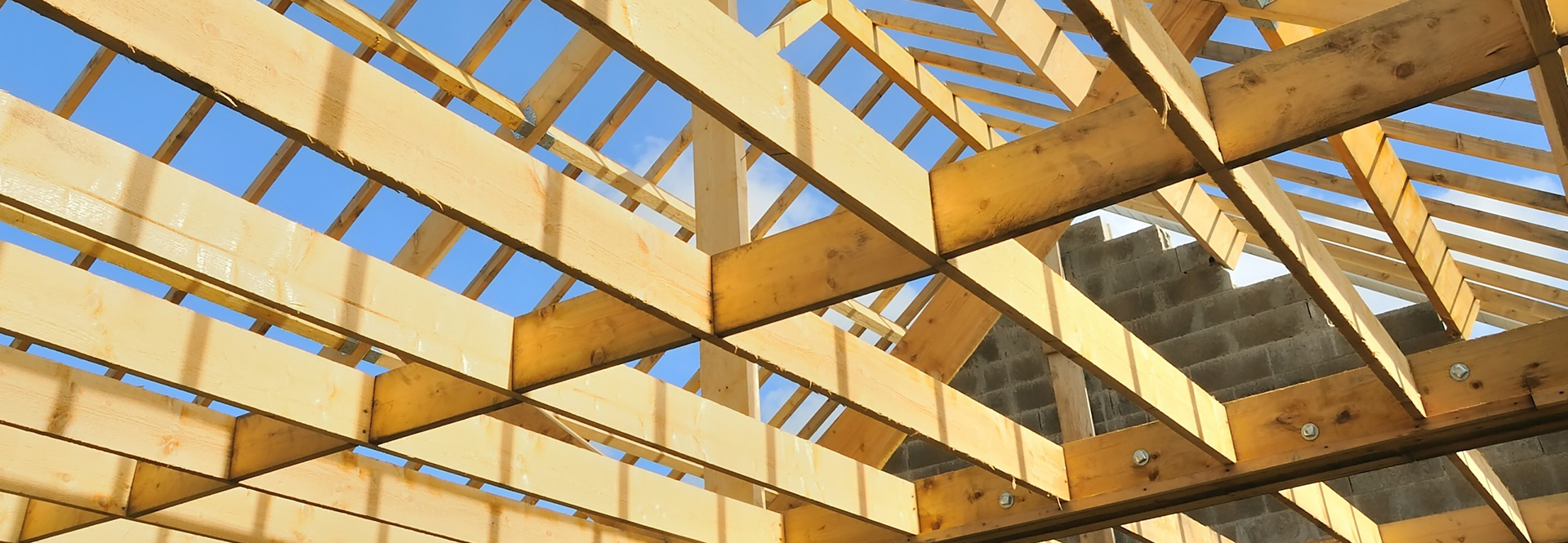“Like all materials, timber must be used appropriately if we want to get the best from it – but that doesn’t mean it’s flawed”
There seems to be a new craze among organisations that talk about timber: to note how much they love it, while ‘remaining aware of its shortcomings’. Presumably, this trend has grown out of busy public relations departments that seek to balance messages over timber’s sustainability against messages over responsible use in light of tragedies like the Grenfell Tower Fire. There’s one problem with it: it doesn’t make any sense.
Like all materials, wood doesn’t have ‘shortcomings’ in the human sense. Materials have properties and characteristics that make them fantastic in some situations and totally unsuitable in others. You can’t saw wood with a hammer – but that doesn’t mean hammers have ‘shortcomings’… hammers are perfect for some things, and wrong for others. In the same vein, there are lots of situations in which timber’s properties would render it unsuitable. You wouldn’t, for example, build a satellite or space shuttle out of wood, or a teddy bear or pillow.
The problem with talking about ‘shortcomings’ as opposed to ‘properties’ is the connotation: the first is always a negative term, and implies that there is some kind of problem with timber. The latter is a neutral term, and implies that timber is good for some things, and bad for others. This latter term is the one we should be using.
We all know what kind of things timber’s good for. But it’s also worth thinking about the larger situation – that is, the state of the world and society – and asking whether timber’s properties can improve our local, national, international, and global, wellbeing.
Wood is a 100% sustainable material, and a natural carbon capture and storage device. In a world hurtling headlong towards global climate change, that’s an extremely useful property for a material to have. It is not an exaggeration to say that, if we were able (and we are) to replace large quantities of other, less environmentally friendly, material with timber, we would be contributing to the solution for perhaps the biggest global problem facing us today.
On a smaller, but no less vital, scale, we also know that timber has numerous scientifically proven health and wellness benefits. Surprise surprise, being surrounded by a natural material is good for you. As our lives get busier, and mental health conditions become more common, there is a compelling argument to use as much natural material as possible in the construction of new build houses, offices, and public buildings.
The danger, if we think about timber as having ‘shortcomings’ is that we look to balance the huge potential that wood has to benefit our current global situation against a non-existent negative. It is true that wood is not suitable for everything – we’ve all, tragically, seen that. But that’s not the material’s fault… it’s the fault of the people who use it.
If you’re looking to make the most of timber in your next project, call Quercus on 0845 50 50 311.

